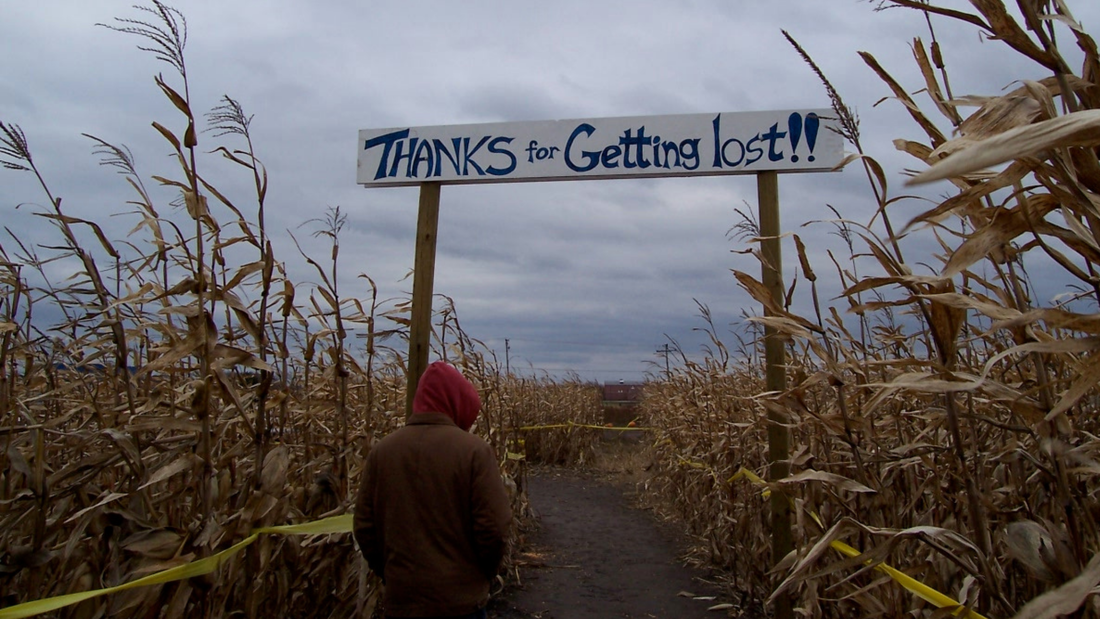|
“To gain your own voice, you have to forget about having it heard.” —Allen Ginsberg I got some great questions from you all after last month's Unstuck workshop. If you were there, you’ll remember I defined being stuck as continually engaging in activities that prevent us from moving the manuscript forward. The idea is that, even when we’re at the desk, mind at work and fingers flying, we can still be working in a way that, at the end of the hour, means we haven’t really done the work we needed to do. Like that moment, for example, when we have to transform our scribbled, scattershot freewriting into smoothly argued prose. I hate that moment. Cause I know I’ll have to do the slow, painstaking work of picking through the threads of my disorganized thinking, and, one by one, knit them into something of beauty and worth. Because I dislike it so much, I sometimes decide find myself worried that someone has a question about Composed, and spend 30% of my time dipping into my email to make sure I tend to them right away. That’s the essence of being stuck. Fear has me so tightly in its grip that I’m getting in my own way, and sometimes, I don’t even notice. So, as I said, I got a bunch of questions and here's one from I a scholar I'll call E: Dear Michelle, I am finishing up my masters in physics, and I have almost all my data and the last bit should be coming this week. I feel as though I am stuck, and part of that is due to waiting on feedback from my supervisor. Specifically content feedback. I've sent several chapters to my supervisor in the past 10 months and haven't gotten any feedback. I guess my question is how do I get unstuck and back into writing so I can finish my thesis and be done with my degree without what I feel is needed content feedback? One of reasons I like E’s question so much is that it prompted me to elaborate on my notion of being stuck. When I first read their question, I thought to myself—E’s not stuck, they’re Stymied. * Stymied is what we are when someone else is preventing us from moving our manuscript forward. All of us, regardless of rank, age, or experience, have to deal with this at some point. Stymied is the editor who doesn’t answer your emails. The reviewer who won’t return your manuscript. The librarian who won’t let you into the archive. The chief of staff who won’t set up the interview. When you’re Stymied, it’s not your fear or worry that’s getting in the way, it’s another person. Stuck is a feeling problem, while Stymied? Stymied is a power problem. The only solution to being Stymied is The Workaround. Either we change our request so that it’s more likely to get the response we want; or we have to find someone else to give it to us. In E’s case, I wrote back and suggested that the errant advisor was probably drowning in their own COVID-drenched pile of work, and might be more likely to respond if E’s request for support felt more manageable. So, instead of sending whole chapters, they might send summaries or chapter excerpts, with only 1 or 2 specific questions they needed answered in order to get started. Good idea, right? Nah, coachy-girl, E replied. I’ve already done that, they said. And I got zero response. We did eventually come up with another Workaround for E, and I’m still waiting to hear the update. But their question got me thinking: What would happen if E couldn’t get the support they need? What if the nightmare we’ve all had at some point actually comes true for E? Their entire committee ghosts them, and they have to figure out their next steps all on their own. Without feedback and guidance from their advisors. Once I started down this path, I realized this was the question E’d been asking all along. They were saying—look, I’ve made a first pass at it, but I don’t feel confident in what I’ve done. Not unless someone with more experience gives me the go ahead. Now I have to keep writing, without being sure I’m going in the right direction. I’ve stopped writing. I’m afraid I’ll screw it up. How do I make myself write anyway? * E’s question beautifully illustrates one of the least discussed reasons we get stuck—that reason is that we worry we lack the authority required to voice the arguments that are growing in our heads. It’s not that we’re totally clueless about what we think or what possible directions we might go with our writing. It’s that we’re frozen by the thought, “Is that right? Can I say that?” Sometimes this question is a reasoning one—a worry that we haven’t sufficiently defended our assertions. Sometimes this question is a disciplinary one—a worry that we’ve missed some crucial piece of research that either scoops or disproves our own. Other times this question is simply an emotional one—a worry that our carefully crafted set of ideas is really a house of cards This feeling is common among graduate students, because you all are still in the process of learning your discipline’s skill sets. But don’t get it twisted—this isn’t just something that plagues junior scholars. Those of us who do interdisciplinary work can be absolutely tormented by the requirement to speak to multiple literatures (all of whom end up dissatisfied and disappointed no matter what we say). I imagine multi- and mixed-methods folks might feel the same. To say nothing of being the only in your department, or being asked to write a manuscript or talk in a different genre than the one you’re used to. In other words, even the most senior, highest-paid, well-known, and politically bullet-proof scholars sometimes find themselves trembling and hesitant, as they stand on the threshold of making a new, audacious argument. Personal and intellectual authority is something we have to grow over time. And once grown, it must be continually nurtured if it’s to bear fruit. Unfortunately, the only way to grow it is a hard one. You must acknowledge that you don’t know where to go with your manuscript—and then you must write anyway. * How? Here’s one suggestion—which I offer as a second response to E and a sneak peek from my book, the writing of which has long hobbled me with worries of my own intellectual authority. Dear E., Having had a chance to think through your question, I’d like to add a little something to my initial answer. Let’s assume that the second suggestion I made doesn’t pan out: you can’t get any feedback from your committee members and you’re tired of sitting around waiting for their support. One trick you might try is what I call a Beautiful Oops.* A Beautiful Oops is when a writer, worried that they’ll say the wrong thing, deliberately says the opposite of what they mean. In other words, in the initial drafts of your chapter, you select one idea you want (but are nervous) to discuss. Then you write out the arguments you most doubt or disagree with—thoroughly, as if they’re your own. Once you’re done, you counter your first, false argument with the one you actually believe in and have the data to support. Just as thoroughly, you lay out its pieces, giving special attention to the parts you’re most unsure of. There are many, many benefits to using this strategy, but one of the biggest is that it can help you more clearly see the strengths in your own thinking. The Beautiful Oops turns writing into an exercise, a way to play around with ideas rather than to pour perfection onto the page. This can help you get all your ideas out first, and then make decisions about which way to go with them. In addition, starting with the “wrong” argument may make you more open to acknowledging what’s right about your own. Not because someone else affirmed you, but because you can see for yourself the work that one or another idea does for you, and how certain lines of questioning or reasoning take you further or closer to where you wanted to go. In that way, the Beautiful Oops might be one way to gain the confidence you need to pursue the ideas, methods, and arguments you suspect may be true, but are unsure of. It’s no substitute for a healthy, responsive committee, E. But when practiced long enough, the Beautiful Oops shows you that heading down the wrong track isn’t necessarily the worst thing in the world. Instead, it can bring you closer to where you ultimately need to go. Just look at what happened, E, when I made a Beautiful Oops with you. *A reference to the children's book of the same name, introduced to me by the fabulous Liz Emens. Thanks Liz. Need more help moving past your writing fears? The Composed Residential Writing Retreat has 2 spots left for first time retreaters and 5 spots left for alums. Grab your spot today!
Comments are closed.
|
|
© 2018 InkWell Academic Writing Retreats
|

